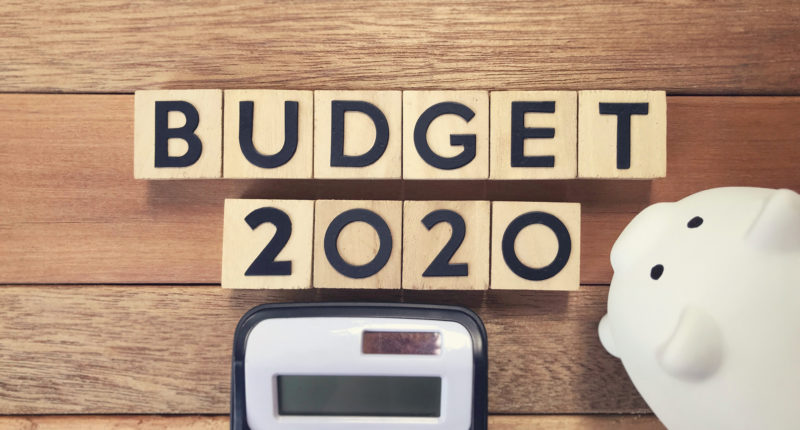In August 2019, the Finance Minister of India announced a set of growth and economic boosters. The announcement included corporate rate slash. This was done in order to support the ailing economy and markets. The rate was reduced to just 15% for new domestic companies and 22% for the existing companies operating in the manufacturing sector.
This concession in corporate tax is now extended to new domestic companies in the power sector. This move is expected to boost power generation as more power companies will be established. A concessional tax rate at 22% with 10% surcharge and 5% cess with no exemptions/deductions are proposed for the cooperatives.
With the view of improving the ease of doing business, the micro, medium, and small enterprises are exempt from having their books of accounts audited if their turnover is not exceeding Rs 5 crore. The limit was previously at Rs 1 crore. This is considered to be a great booster for the MSMEs.
The government has proposed to fully exempt tax on interest, dividends, and capital gains earned by the sovereign wealth fund investments of foreign governments in priority sectors. The investments should be made in infrastructure and other notified sectors within 31 March 2024; there will be a lock-in period of three years.
In the previous budget, a deduction of up to Rs 1,50,000 per year was provided on the interest paid on loans availed for purchasing an affordable house. The FinMin has now proposed to extend the data of loan sanction to purchase an affordable house by one year. The new cutoff date is 31 March 2020.
The government has abolished the Dividend Distribution Tax (DDT). Hence, companies are no more needed to pay DDT before paying out dividends to their shareholders. The dividends are now taxable in the hands of shareholders as per their respective income tax slabs. The move will result in revenue forgone of Rs 25,000 crore to the government.
Donations made to the charities are made exempt from the donor’s front. The FinMin has proposed to prefill the information of the donee in the taxpayers’ returns as per the details provided by the donee. In order to claim this exemption, the charity must be registered with the Income Tax Department.
To make the process of tax assessment much more transparent and efficient, a faceless appeal scheme will be introduced. It is proposed to bring amendments into the Income Tax Act to facilitate faceless appeals on the basis of faceless assessments.
The FinMin proposed ‘Vivad se Vishwas’ scheme under which taxpayers will not need to pay interest and penalty if they pay the amount of tax that is disputed. This is applicable if they are making the payment by 31 March 2020. Those availing the scheme after 31 March 2020 will be paying an additional amount as penalty.
The government has eased the process of getting a Permanent Account Number (PAN). A system will be brought up which spontaneously allocate a PAN online on the basis of Aadhaar number. There is no need to submit a duly-filled detailed application form.
For any clarifications/feedback on the topic, please contact the writer at vineeth.nc@cleartax.in.
Engineer by qualification, financial writer by choice. I am always open to learning new things.





